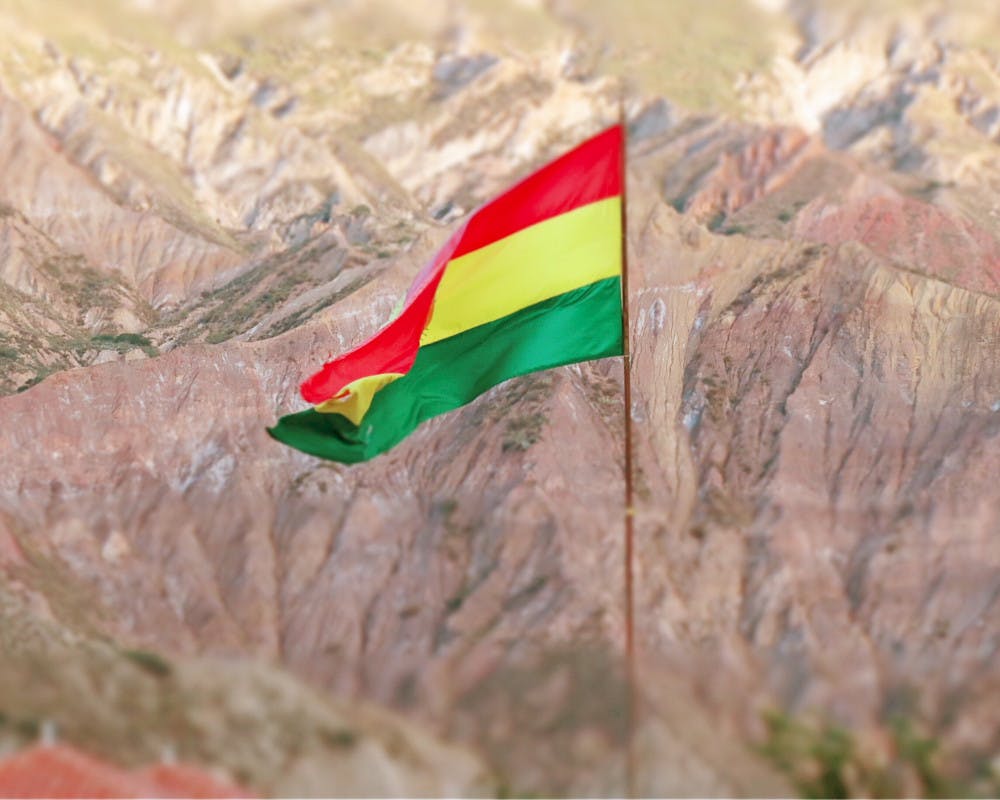By Owen Davidson
Staff Writer
Bolivian President Evo Morales resigned on Nov. 10 amid accusations of election fraud. The Socialist leader served for nearly 14 years as president before stepping down “‘for the good of the country,’” he said, according to CNN.
Since the country’s election on Oct. 20, three people have died in ongoing protests to remove Morales from office and several hundred more have been injured, according to CNN. Additionally, demonstrators from the opposition movement, as well as the head of Bolivia’s Armed Forces, Cmdr. Williams Kailman, have requested Morales to step down.
CNN reported that Morales said he was the legitimate winner of the election, and that he is being ousted by a coup. However, members of the opposition movement said they fight for the preservation of “‘democracy and peace.’”
After Morales resigned, questions arose as to who should become Bolivia’s next president. However, the candidates listed by CNN as next in line have since stepped down. The list includes Vice President Álvaro García Linera, President of the Senate Adriana Salvatierra Arriaza and President of the Chamber of Deputies Víctor Borda.
Jeanine Añez, an opposition lawmaker and the second vice president of Bolivia’s senate, told CNN that she is willing to accept the role of president “with the objective of calling for new elections.”
According to The Huffington Post, the Organization of American States wrote in a preliminary report that a new election should be held after finding many irregularities in the previous election.
“‘It’s not possible to guarantee the integrity of the numbers and give certainty of the results,’” OAS said in a statement, according to The Huffington Post.
Furthermore, The Huffington Post reported that Morales declared himself the victor “before official results indicated he obtained just enough support to avoid a runoff with opposition leader and former President Carlos Mesa.”
Morales also broke Bolivia’s regulatory presidential term limits by running for a fourth term in office and thus refusing to abide by the results of a referendum to uphold term limits.
St. Louis Today reported that there were many protests from the indigenous population in support of the incumbent president. Rigoberta Menchu, an indigenous rights activist for Latin America and Nobel Peace Prize winner for work in her native country of Guatemala, came out in support of Morales on Twitter.
“We strongly condemn the coup d’état in Bolivia, perpetrated by the army and oligarchic groups against the government of our brother President Evo Morales Ayma, to whom we reiterate our solidarity, and we encourage him to move forward,” Menchu tweeted on Nov. 12.
In the meantime, the U.S. took a stance, backing the new interim government. Secretary of State Mike Pompeo congratulated Añez on Nov. 13, according to St. Louis Today. Morales condemned President Donald Trump’s administration’s decision to acknowledge the government under Añez.
“‘This coup d’etat that has triggered the death of my Bolivian brothers is a political and economic plot that came from the U.S.,’” Morales said, according to St. Louis Today.







